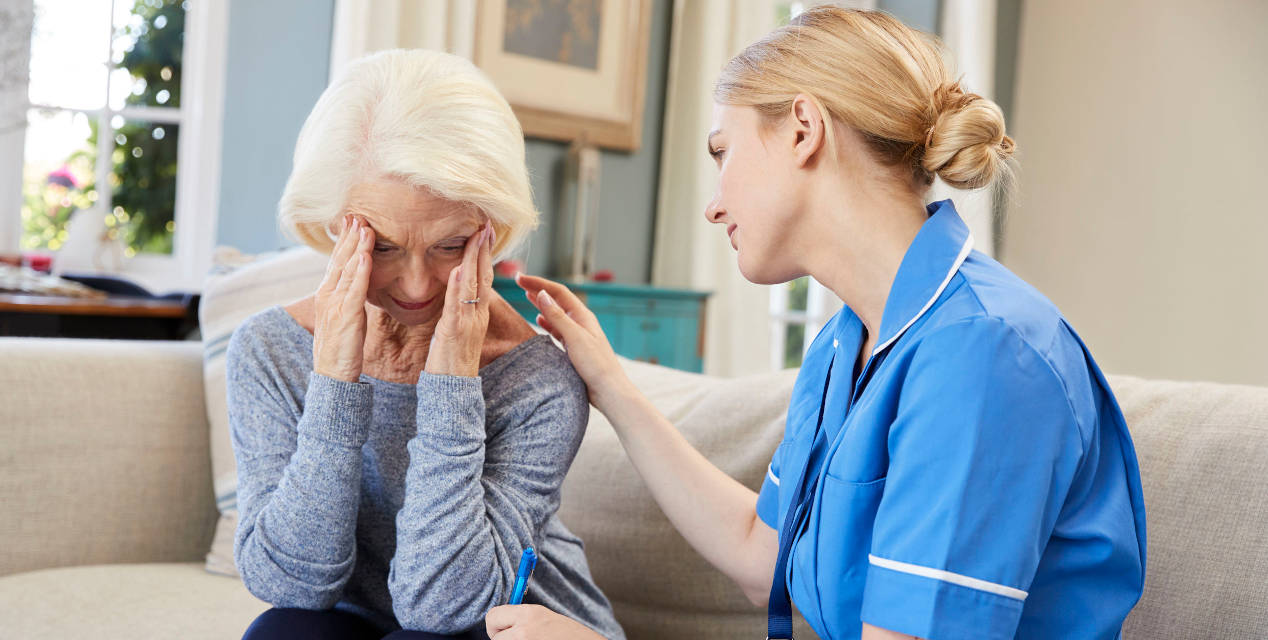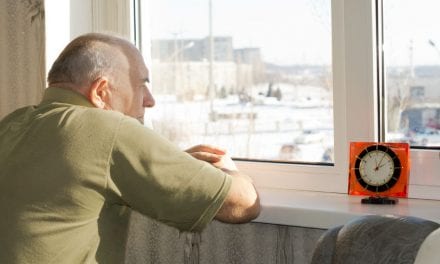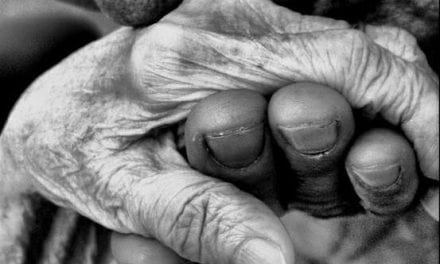By Pamela Garofolo
Recently, I was asked during a COVID-19 virtual meeting, “How can we help our residents who have problems with thinking during the quarantine? What do we do when they don’t understand and comply with social distancing?”
For those of us caring for individuals with neurocognitive disorders, we can realistically envision the problems that will arise when we say, “Mrs. Smith, you can no longer hug your friends or attend group activities.” Whether for coronavirus, norovirus, or other reason, fear of this real circumstance is shared among many senior living communities as well as at-home caregivers.
The first thing we must remember is to never give up the established protocols of providing dementia care just because there is a pandemic. The same principles that enhance the lives of our residents at any other time still apply. Even more so when there is a change in routine.
For the past few years, person-centered care has been the focus in this field. To meet the needs of the individual, all health care disciplines work together. The Alzheimer’s Association highlights the importance of continuing person-centered practice in their recent online post, COVID-19 tips for dementia caregivers.
Person-Directed Care
United Methodist Communities, a senior living and care organization in New Jersey, takes this focus a step further with person-directed practice. Person-directed means we meet the needs of the individual resident as they direct; emphasizing choice and purposeful self-determination. This approach presents challenges when interacting with residents who have neurocognitive disorders, which often affect communication ability and distort judgment.
The key approach for providing person-directed care is “Be My Voice”. How exactly can someone be the voice of another with dementia? Simply practice the two main principles: Know the Resident and Empower Staff.
At United Methodist Communities Tapestries Memory Care, we document individuals’ personal background and preferences. This assessment provides great detail. Information from families, friends, and the resident themselves is collected. It includes everything from what they find calming, their favorite texture to wear, and much more.
Having this information already gathered and readily available to the direct caregivers enables them to know what a resident prefers and desires. Assigning the same staff to specific residents during consistent shifts, whenever possible, enables staff to thoroughly know a resident and also supports infection control best practices during the COVID crisis. A regular caregiver knows Mrs. Smith loves hot tea and old musicals.
Staff Empowerment
That brings us to the next principle — Staff Empowerment. Empathy is good, but compassion requires action. Empowering staff to act based on what they know about the resident is key to Being Their Voice in care directing. “Mrs. Smith won’t stay six feet away from everyone,” now becomes, “Come with me. Mrs. Smith. I will bring you some hot tea and put on the Sound of Music for you to watch in your room.”
This simple-sounding principle of Staff Empowerment is often the hardest to implement in the healthcare world where regulatory agencies require documentation of scheduled tasks. Frontline staff are conditioned to follow orders from a hierarchy that has been directing care for years. Even if managers have been working to empower the staff for a while, they tend to go back to familiar routines in times of stress and crisis.
It is easy to see how staff managing the COVID-19 crisis might stray back to rigid schedules and harsh tones. Remember, person-directed care makes our jobs as caregivers easier, not harder. People who are more comfortable are more likely to take a gentle direction and be more cooperative.
If you are not sure where to begin or how to get back to a resident-focus and not the pandemic, start by talking to the frontline staff. Continue to have huddles and brief meetings often, use Zoom if necessary, ask questions, and listen to what is said. The real interventions and creativity in caring can be found with them.
Setting Best Practices
By the end of our virtual meeting, we developed a few bullet points for Best Practices for COVID-19 Precaution Compliance with Dementia Residents (you can download it HERE). These include basic dementia approaches such as diversion, redirection, and going to their reality. I hope they will be helpful to someone.
Bottom line — no one approach works for all residents all the time. People are all different. The best approach is to know what works for each individual. Then empower the staff to take action to help based on that knowledge.








